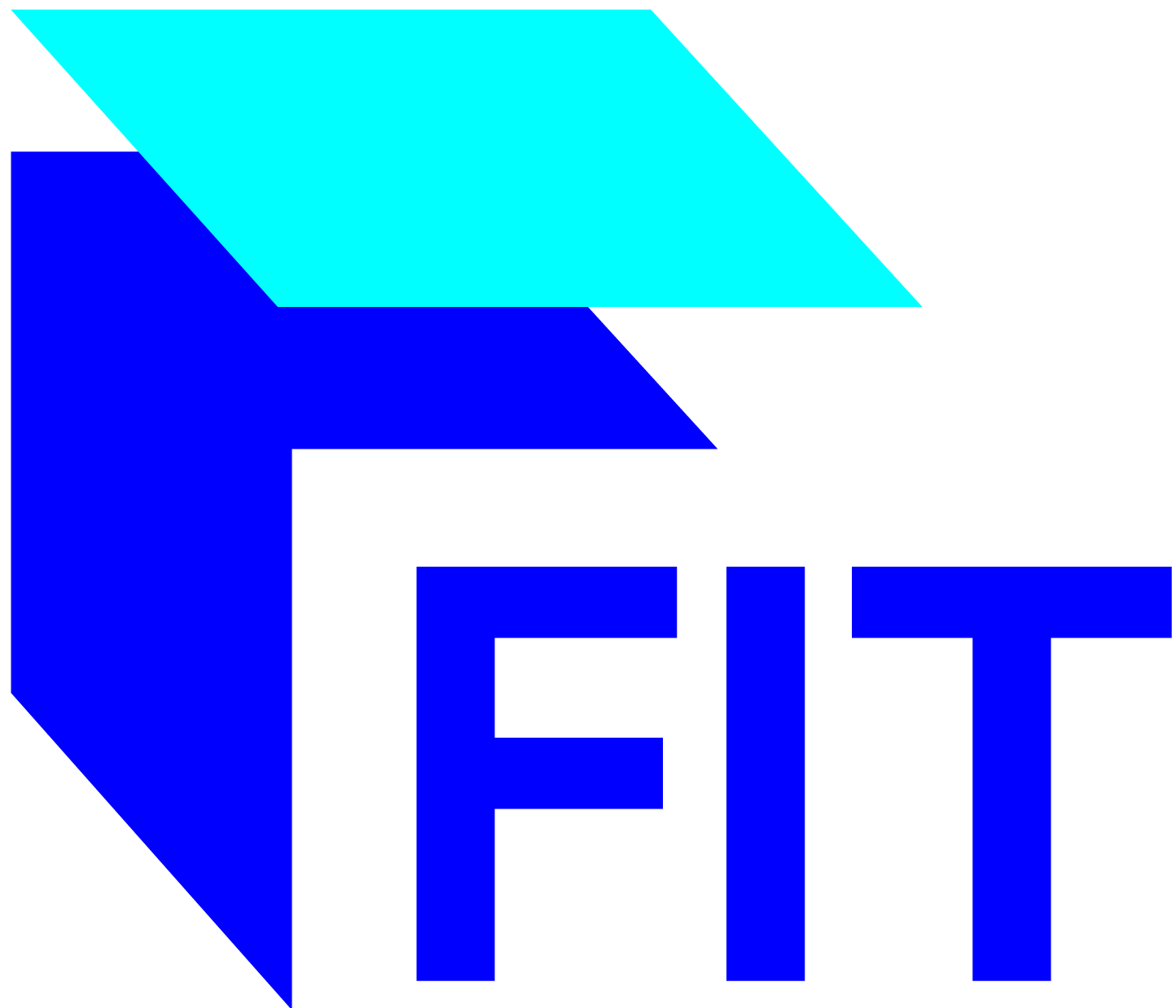Notifications
Clear all
PAYMENTS & TRANSACTIONS
Status
Author
Topics
Forum
Replies
Views
Last Post
Which digital payment method do you trust the most for secure transactions, and why?
By admin, Feb 23
0
159
11 months ago
0
146
11 months ago
Consultation & Training
Professional and Tailored Consultation and Training Programs, designed for individuals and groups.
Payments & Transaction Tools
Tools for Payments & Transaction




Statistics
Data & Insights
2020-2030: ten years that will transform insurance forever
Get quick solutions to resolve failed or delayed bank transactions today.
Frequently Asked Question
What is FIT4Africa?
FIT4Africa (Financial Inclusion Tools for Africa) is a digital platform designed to bridge financial gaps by providing individuals, businesses, and stakeholders with access to credible financial information, expert guidance, essential tools, data-driven insights, and vibrant communities.
Who can use FIT4Africa?
FIT4Africa is open to individuals, small businesses, financial service providers, policymakers, researchers, and development organizations looking for financial inclusion solutions across Africa.
What are payments and transactions?
Payments and transactions refer to the exchange of money for goods, services, or obligations. They can be made through cash, bank transfers, mobile money, digital wallets, credit/debit cards, and other financial instruments.
What are the common types of payments in Africa?
• Cash Payments – Traditional method using physical money.
• Bank Transfers – Electronic funds transfer (EFT) between bank accounts.
• Mobile Money – Payments using mobile wallets like M-Pesa, MTN MoMo, Airtel Money, etc.
• Card Payments – Debit, credit, and prepaid card transactions via ATMs, POS terminals, or online.
• Digital Wallets & Fintech Apps – Apps such as Flutterwave, Paystack, Chipper Cash, Paga, and Opay.
• Cryptocurrency Payments – Payments using Bitcoin, Ethereum, or other digital assets.
• Bank Transfers – Electronic funds transfer (EFT) between bank accounts.
• Mobile Money – Payments using mobile wallets like M-Pesa, MTN MoMo, Airtel Money, etc.
• Card Payments – Debit, credit, and prepaid card transactions via ATMs, POS terminals, or online.
• Digital Wallets & Fintech Apps – Apps such as Flutterwave, Paystack, Chipper Cash, Paga, and Opay.
• Cryptocurrency Payments – Payments using Bitcoin, Ethereum, or other digital assets.
What is mobile money?
Mobile money is a digital financial service that allows users to send, receive, and store money using a mobile phone. It enables financial transactions without the need for a traditional bank account.
How does mobile money work?
• Users register with a mobile money provider.
• They can deposit cash at an agent location or link their bank account.
• Funds can be transferred to other users, used for payments, or withdrawn as cash.
• They can deposit cash at an agent location or link their bank account.
• Funds can be transferred to other users, used for payments, or withdrawn as cash.
What are the benefits of mobile money?
• Increases financial inclusion for the unbanked.
• Enables fast and secure money transfers.
• Facilitates bill payments, savings, and access to credit.
• Reduces reliance on cash and improves transaction security.
• Enables fast and secure money transfers.
• Facilitates bill payments, savings, and access to credit.
• Reduces reliance on cash and improves transaction security.
Is mobile money safe?
Yes, mobile money is secure when users follow these best practices:
• Never share PINs or passwords.
• Use official mobile money applications and services.
• Be cautious of phishing scams and fraudulent calls.
• Never share PINs or passwords.
• Use official mobile money applications and services.
• Be cautious of phishing scams and fraudulent calls.
Can I use mobile money for international transactions?
Yes, some mobile money providers support cross-border payments. Services like WorldRemit, Western Union, and Wave integrate with mobile money platforms to enable international transfers.
What is an electronic funds transfer (EFT)?
EFT is the electronic movement of money between bank accounts. Examples include:
• Direct deposits (salary payments).
• Online banking transfers.
• Point of Sale (POS) transactions.
• Bill payments (electricity, water, internet).
• Direct deposits (salary payments).
• Online banking transfers.
• Point of Sale (POS) transactions.
• Bill payments (electricity, water, internet).
How long do bank transfers take?
• Instant Transfers – Real-time transactions via fintech platforms or fast-payment systems.
• Interbank Transfers – May take from a few minutes to 24 hours.
• International Transfers – Typically take 1–5 business days, depending on the method used.
• Interbank Transfers – May take from a few minutes to 24 hours.
• International Transfers – Typically take 1–5 business days, depending on the method used.
What is SWIFT and how does it work?
SWIFT (Society for Worldwide Interbank Financial Telecommunication) is a global messaging network that banks use to securely send and receive money transfer instructions.
How do I reduce transaction fees on bank transfers?
• Debit Cards – Linked directly to a bank account; funds are deducted instantly.
• Credit Cards – Allows borrowing up to a set limit, repayable later.
• Prepaid Cards – Requires preloading funds before use.
• Credit Cards – Allows borrowing up to a set limit, repayable later.
• Prepaid Cards – Requires preloading funds before use.
How do POS (Point of Sale) transactions work?
• A merchant processes a payment using a POS terminal.
• The cardholder inserts, swipes, or taps their card.
• The bank verifies the transaction and deducts funds from the account.
• The cardholder inserts, swipes, or taps their card.
• The bank verifies the transaction and deducts funds from the account.
Are card transactions safe?
Yes, but users should:
• Keep their PIN secure.
• Use two-factor authentication for online payments.
• Regularly monitor account statements for unauthorized transactions.
• Keep their PIN secure.
• Use two-factor authentication for online payments.
• Regularly monitor account statements for unauthorized transactions.
What is a digital wallet?
A digital wallet is an app or online service that securely stores payment information and allows users to make electronic transactions. Examples include Google Pay, Apple Pay, PayPal, and local fintech apps like Paga and Chipper Cash.
How do digital wallets work?
• Users link their bank account or card to the wallet.
• The wallet encrypts payment details for secure transactions.
• Payments can be made online or via QR codes and NFC technology.
• The wallet encrypts payment details for secure transactions.
• Payments can be made online or via QR codes and NFC technology.
Can I use a digital wallet without a bank account?
Yes, some digital wallets allow users to fund their accounts through cash deposits at agent locations or mobile money services.
What are QR code payments?
QR code payments allow users to scan a code with their mobile device to complete transactions instantly. Popular in many African markets, this method is used by businesses and street vendors.
What are my options for sending money internationally?
• Traditional banks (SWIFT transfers).
• Remittance services (Western Union, MoneyGram, Ria).
• Mobile money operators supporting cross-border payments.
• Cryptocurrency for decentralized transfers.
• Remittance services (Western Union, MoneyGram, Ria).
• Mobile money operators supporting cross-border payments.
• Cryptocurrency for decentralized transfers.
What is the best way to send money abroad?
• For speed and convenience, use mobile money-based services.
• For large amounts, SWIFT bank transfers may be preferred.
• For low fees, fintech platforms like Payoneer, WorldRemit, or Wise can be considered.
• For large amounts, SWIFT bank transfers may be preferred.
• For low fees, fintech platforms like Payoneer, WorldRemit, or Wise can be considered.
How can I receive money from abroad?
• Direct deposit into a bank account.
• Mobile money-enabled remittance.
• Cash pick-up from remittance agents.
• Mobile money-enabled remittance.
• Cash pick-up from remittance agents.
What is a remittance?
A remittance is money sent by a person working abroad to family or friends in their home country. It is a key source of income for many African households.
How can I protect myself from payment fraud?
• Never share banking or mobile money PINs.
• Be cautious of phishing emails requesting financial information.
• Use secure internet connections for online transactions.
• Be cautious of phishing emails requesting financial information.
• Use secure internet connections for online transactions.
What should I do if my transaction fails but money is deducted?
• Check your account for pending transactions.
• Contact your bank or payment provider for a refund.
• Keep transaction receipts as proof.
• Contact your bank or payment provider for a refund.
• Keep transaction receipts as proof.
How do I resolve disputes on failed transactions?
• Contact your bank or mobile money provider immediately.
• Report to financial regulators if unresolved.
• Report to financial regulators if unresolved.
What are the emerging trends in African digital payments?
• Expansion of instant payment systems.
• Growth of blockchain-based transactions.
• Adoption of Central Bank Digital Currencies (CBDCs).
• Increased use of AI-driven fraud detection systems.
• Growth of blockchain-based transactions.
• Adoption of Central Bank Digital Currencies (CBDCs).
• Increased use of AI-driven fraud detection systems.
Will Africa move towards a cashless society?
Yes, with increased adoption of digital wallets, mobile banking, and fintech solutions, Africa is gradually shifting towards a more cashless economy.
Payments & Transaction News




